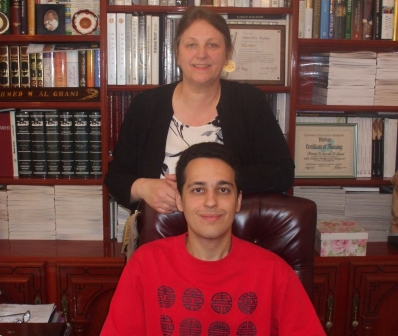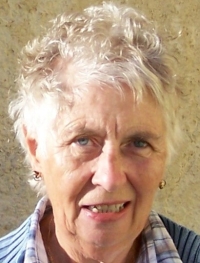“Medical conditions, mental health and social problems all involve people experiencing distress and disability, facing losses and the threat of loss. The basic spiritual skill, of being able to rest, relax and create a still, peaceful state of mind, underpins others, such as empathic ability and emotional resilience, which allow us better to understand, comfort and guide those people in difficulty who are suffering. These are skills that give people the courage to witness and endure distress while sustaining an attitude of hope, and the inner strength to be able to give without feeling drained.”









